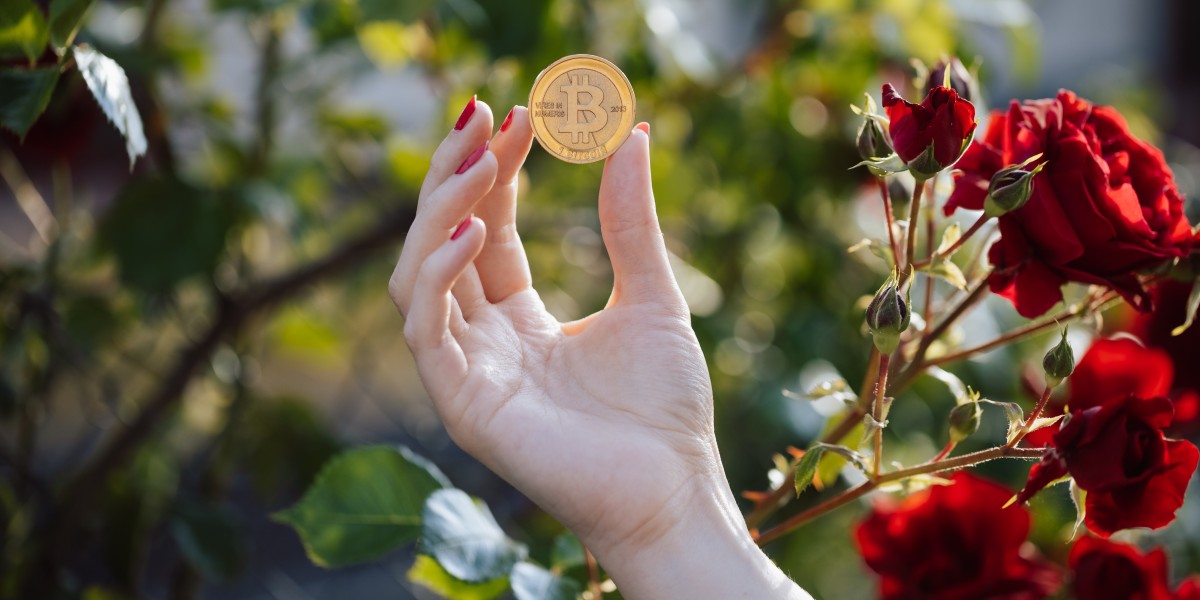Throughout history, seemingly small actions and decisions have had profound effects on the course of events. Coin flipping, a simple and seemingly random act, has played a role in various historical moments, shaping outcomes and influencing the paths taken. In this article, we will explore the fascinating instances where flipping a coin had a significant impact on historical events. It serves as a reminder that sometimes, a single flip of a coin can alter the course of history, demonstrating the power of the phrase "only flip a coin."
Settling Disputes and Making Decisions
Coin flipping has often been used as a method to settle disputes or make decisions when faced with difficult choices. In the case of the founding of the city of Rome, legend has it that the twin brothers Romulus and Remus flipped a coin to determine who would become the city's ruler. Romulus won the toss, and Rome was established under his leadership.
Presidential Elections
Even in the realm of politics, coin flipping has played a role in determining election outcomes. In the United States, the 2008 Democratic primary election between Hillary Clinton and Barack Obama resulted in a tie for the popular vote in the state of Iowa. To break the tie and decide which candidate would receive an additional delegate, a coin was flipped. Barack Obama won the toss, securing the delegate and gaining momentum for his eventual presidential campaign.
Sports Championships
Coin flipping has become an integral part of various sports, particularly in determining the starting team or side. In the Super Bowl, the most prestigious championship game in American football, the coin toss decides which team gets the first possession. While seemingly insignificant, the outcome of the coin flip can set the tone for the entire game and potentially impact the final result.
Shaping Scientific Discoveries
Coin flipping has also played a role in scientific discoveries. In the field of genetics, the discovery of the structure of DNA was influenced by a coin toss. James Watson and Francis Crick famously decided who would be the lead author of their groundbreaking paper by flipping a coin. Watson won the toss, and their joint effort led to the elucidation of the double helix structure of DNA, a monumental scientific breakthrough.
Inspiring Chance-Based Art and Literature
Coin flipping has also found its way into art and literature, inspiring creative minds to explore the concept of chance and its impact on human lives. In Samuel Beckett's play "Waiting for Godot," the characters flip a coin repeatedly to pass the time and make decisions, symbolizing the uncertainty and existential dilemmas they face. The act of flipping a coin becomes a metaphor for the unpredictability of life itself.
Conclusion
While coin flipping may appear as a simple act of chance, it has played a surprising role in shaping historical events. From settling disputes and making decisions to determining election outcomes, sports championships, scientific discoveries, and inspiring works of art, flipping a coin has left its mark on human history. It reminds us that sometimes, even the seemingly arbitrary can have profound consequences. So, the next time you find yourself faced with a difficult decision, remember the role that a single flip of a coin has played throughout history. In those moments, embrace the power of "only flip a coin" and be open to the unexpected paths it may lead you on.








